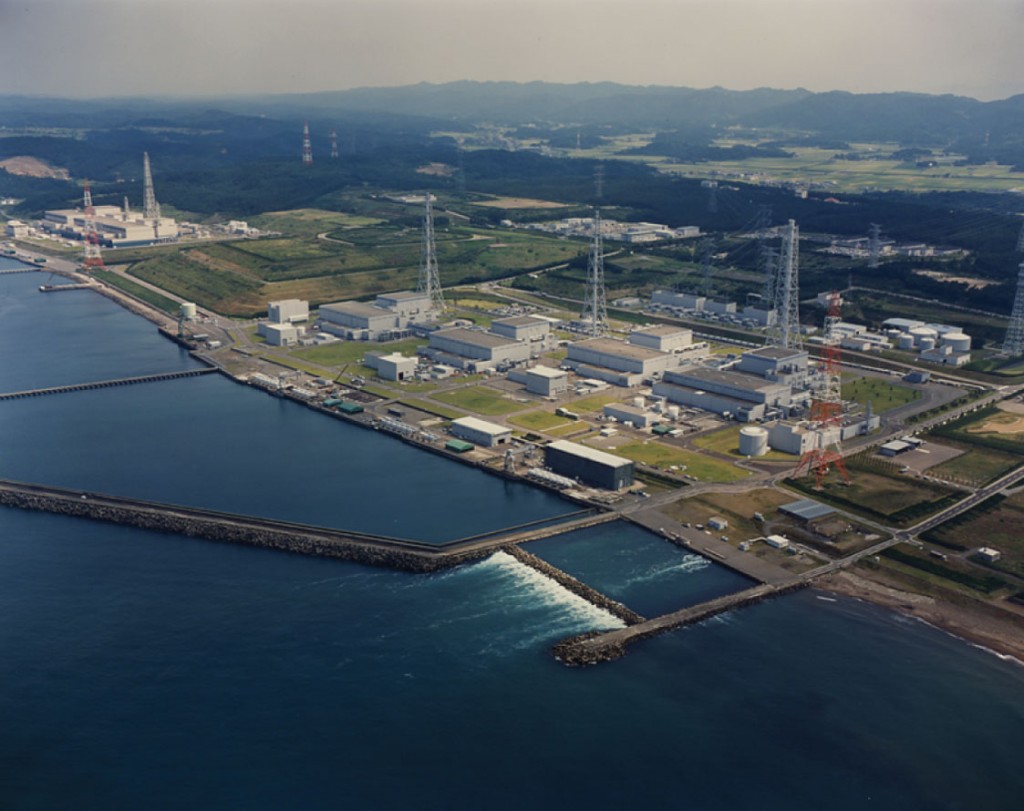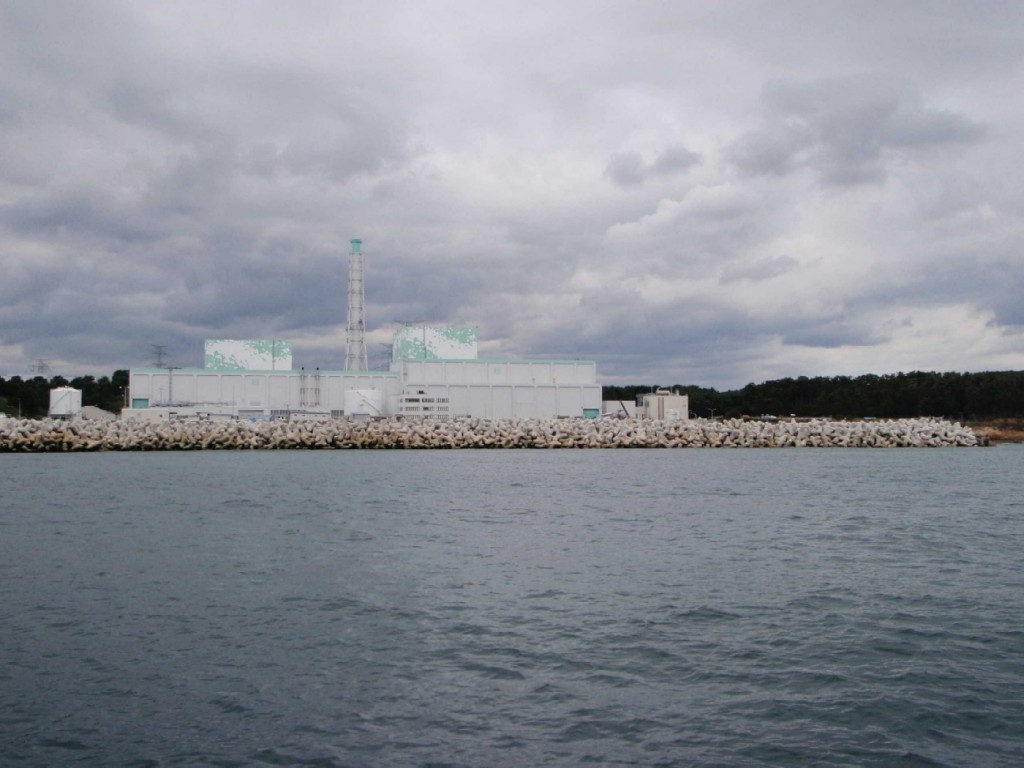Statement on the 10th anniversary of Fukushima
This week marks the tenth anniversary of the earthquake and tsunami that killed approximately 19,000 people in Japan and subsequently triggered the Fukushima Daiichi accident. The International Atomic Energy Agency rated Fukushima as a level 7 major accident, the highest on its scale. Thankfully, no civilian deaths or discernible cancer rate increases can be attributed to radiation released from the accident, according to the United Nations Scientific Committee on the Effects of Atomic Radiation. However, over 1,000 died in the evacuation of the Fukushima prefecture. Most of the victims were elderly and vulnerable, and died primarily from exposure to cold weather, stress and inadequate access to healthcare and housing.





